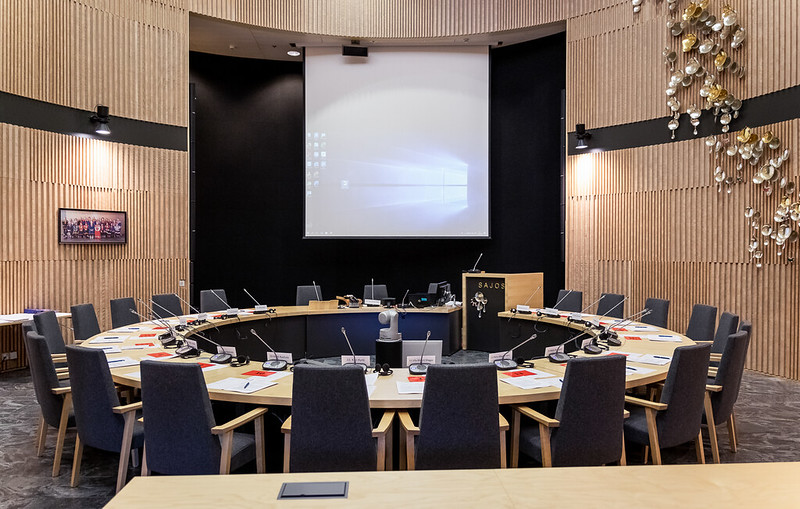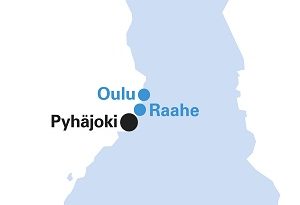Finland’s Sámi Parliament Act reform clears key hurdle

A reform to Finland’s Sámi Parliament Act has moved one step closer to approval after a Finnish Constitutional Affairs Committee report released on Wednesday.
The bill seeks to improve governance for Sámi people and will be discussed by the SámiParliament Board on Friday.
“The Constitutional Affairs Committee has thoroughly discussed the Sámi Parliament Bill and spent a lot of time on it,” Tuomas Aslak Juuso, deputy chairman of the Sámi Parliament in Finland said in a statement. “It’s good that the discussion has now been completed.”
The report backed most of the government’s proposed changes to the act, supporting stronger self-determination for the Sámi.
Years in the making
The proposed law has been years in the making, as Finland responds to international human rights rulings that call for improved protections for Sámi.
The United Nations and the Committee on the Elimination of Racial Discrimination (CERD) have both issued decisions urging Finland to update its electoral laws to eliminate discrimination against Sámi voters and give them the means to manage their affairs at a time when their languages and culture are under threat.
What’s changing?
The reform touches on several aspects of Sámi governance to ensure greater political autonomy. Most notably, the bill will revise the electoral roll to focus solely on the right to vote and stand for election—not on determining who qualifies as “Sámi.”
Electoral roll registration would mirror practices in neighboring Sweden and Norway where Sami language-based criteria is used.

(Eilís Quinn/Eye on the Arctic)
A new, independent appeals board would handle disputes over the electoral roll, replacing the current system in which the Sami Parliament Board has the final say, a change made to ensure an impartial and transparent process.
The updated law would also strengthen the Finnish government’s duty to negotiate with the Sami Parliament, without granting the Sami a veto on government decisions.
Election procedures would also be streamlined to make voting easier, especially in remote Sámi communities.
Backed by Sámi Parliament
The reform has the backing of the Sámi Parliament, which voted in favor of the proposal in the last parliamentary term.

The Sámi Parliament has also been an active participant in the law’s development, with Juuso thanking the Constitutional Affairs Committee for ensuring their voices were heard throughout the process.
“I thank the Constitutional Committee and Chairman Heikki Vestman for the process and for the fact that the Sámi Parliament has been given its rightful status and has been able to participate in the Constitutional Committee’s hearings,” he said.
The Sámi Parliament Board is set to meet on June 6 to review the proposed amendments, with further discussions to follow. If the bill passes through the next stages of approval, the reform could become law later this year.
Comments, tips or story ideas? Contact Eilís at eilis.quinn(at)cbc.ca
Related stories from around the North:
Canada: Kris Statnyk named new Head of Delegation for Gwich’in Council International, Eye on the Arctic
Finland: Sami Parliament in Finland call for reform to Reindeer Damage Act, Eye on the Arctic
Sweden: Budget cuts threaten Sami-language development, Indigenous leaders say, Eye on the Arctic



